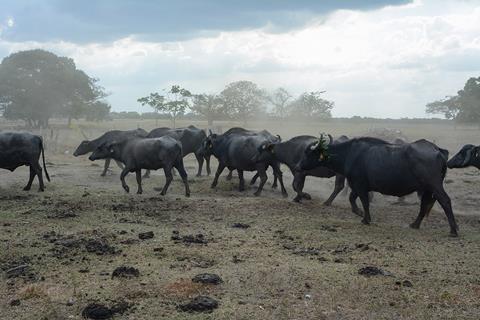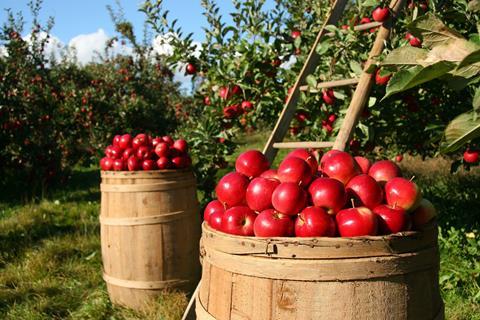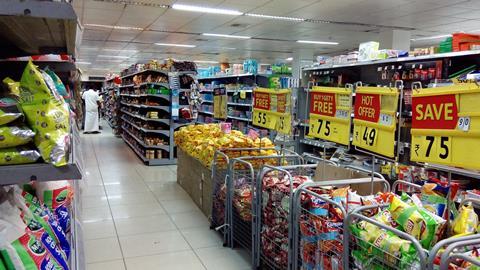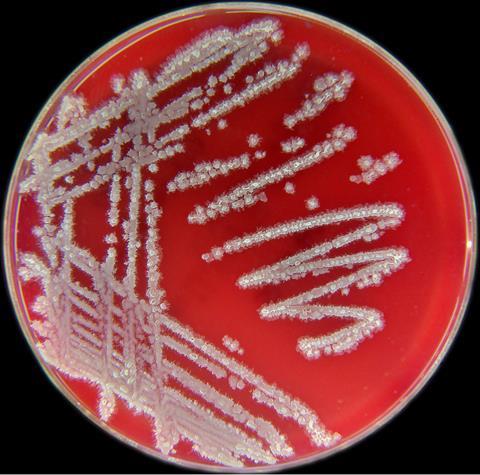Designated on 21 December 2016 by the UN General Assembly, Sustainable Gastronomy Day is about the celebration of the food that sustains our lives regardless of culture and geology. Food is more than the essential substance that fuels our bodies and minds, it’s a symbol of culture and creativity. Our knowledge of food is deeply embedded in our upbringing and reflects our culture. Sustainable Gastronomy Day encourages people to make dishes that manifest nutrition and sustainability while reducing waste and damage to biodiversity.
Sustainability stresses the importance of meeting the needs of the present without compromising the resources, environment, and ability of future generations to meet their own needs. One such heart-breaking example of how the considerations of sustainability have largely been ignored in the pursuit of productivity is in the deforestation of the Amazon rainforest - primarily due to cattle ranching and large agribusiness. These activities have severely threatened the regional biodiversity and impacted the Earth’s climate. Large-scale production also disrupts the local food system. Although small-scale local food businesses are crucial to delivering fresh produce while preserving biodiversity (not to mention the added social benefits and preservation of cultural heritage), the reduced transportation also has a low carbon footprint.
The United Nations however, reports that the current world population of 8 billion is projected to reach 9.8 billion in 2050. The FAO estimates that we need to ramp up food production (including that of food used for biofuels) by 70 percent. Annual cereal and meat production also need to rise significantly to feed the escalating population, especially in developing countries. So how do we plan ahead for feeding the world in 2050? Are there ways that governments can work with grocery stores and consumers to achieve these goals?

Sustainability vs. productivity
The challenge that emerges is to boost productivity without sacrificing sustainability. One way to look at this might be to change how we define and measure productivity – a concept that is surprisingly inconsistent between different stakeholders. The focus should be shifted from being solely focused on yield, to other calibrations, such as water-use efficiency, nutritional quality, emission of greenhouse gas, and pesticide/fertilizer usage. This added dimension of complexity encourages creativity from different sectors to reconsider agricultural productivity and the environment when making decisions.
Science is no exception. To improve productivity, as well as coping with the effects of climate change, scientists have focused on developing resilient crops with better root systems, to maximize water and nutrient uptake, with little input for fertigation. Quantity is important, but we also need to feed people with adequate food that is both diverse and high in nutritional quality. Importantly, food should also be affordable and accessible. To benefit from scientific innovations, governments should also ensure there are policies and regulations in place to facilitate and accelerate the translation of science into tangible products or services. For example, the UK government’s new legislation has made plant gene editing in the UK easier and could fast-forward progress to develop more resilient and nutritious crops. With this technology, scientists hope to harness biotechnology to breed crops rich in phytonutrients, that may help to relieve nutrition disparity between countries.

According to the Food and Agriculture Organization of the United Nations (FAO), there are 5 key principles of sustainability for food and agriculture. 1) Increase productivity, employment, and value addition in food systems; 2) protect and enhance natural resources; 3) improve livelihoods and foster inclusive economic growth; 4) enhance the resilience of people, communities, and ecosystems; 5) adapt governance to new challenges.
These principles provide guidelines for different stakeholders to refer to, and they are interlinked. The coherence of those 5 principles is essential to fulfilling the three dimensions of sustainability – namely, social, environmental, and economic.
Convenience and public health
The global food industry provides great convenience. However, modern food processing also challenges the production and consumption of traditional food, and ultimately impacts health. Grocery stores are saturated with ultra-processed food, packed with additives and artificial flavors making food addictive and irresistible.
A collective of longitudinal studies and meta-analyses have shown the association between the consumption of ultra-processed food and the increased burden of cancers, with high incidences of multimorbidity such as cardiovascular disease and type 2 diabetes. Given the continued damage to citizens and the increasing public health cost, this strongly demands communication and transparency between the government and the food industry to tackle the problems together.

Microbiology to the rescue?
Our civilization is intertwined with, and may even be said to be propelled by the understanding and usage of microbiology. The wisdom of food recipes and preparations inherited from human ancestors still shapes our food and the culture of gastronomy today. Fermentation exemplifies how our ancestors used microbes to preserve their food while improving nutritional quality, across different societies and communities. Kimchi, sauerkraut, cheese, yogurt, beer and natto, and soy sauce are common products produced from fermentation, offering benefits that are not limited to improving taste and texture, but also increasing the bioavailability of nutrients and removing toxins.
With the surge in popularity of vegetarianism and veganism, the market for plant-based meats and alternative proteins has progressively expanded. One of the most established companies, Quorn, developed products such as chicken nuggets and beef mice that use microbes (fungi) as a food ingredient. SME Conagen harnesses the technology of bioconversion to produce novel non-GMO human milk oligosaccharides.
Soil health is essential for plants’ growth and development, and this directly impacts on food production and nutrition. One revolutionary avenue is to engineer soil microbiomes to provide healthy soil ecosystems, and there are serval exhilarating innovations revolving around this emerging hotbed. For example, careful selection of microbial inoculants, with a single inoculant (e.g. Bacillus licheniformis), or a mixture of isolates (such as SynCom) is a potent method for increasing nutrient availability, plant growth hormones, and even water-use efficiency. Despite skepticism and ethical concerns, synthetic biology has become a promising tool for the genetic manipulation of soil microorganisms to improve soil fertility and in the restoration of contaminated soils.

Engineered microbes are also being welcomed in both animal agriculture and aquaculture. Live microbial supplements are intended to act as probiotics to improve gut flora and defend against pathogens, but can also reduce the usage of antibiotics and drugs. This will both improve animal welfare and protect the environment.
Unlike business models that have led to such things such as the aforementioned deforestation, models that incorporate microbiology will also need to have a long-term vision in order to be both lucrative and also achieve sustainability in the future. Perhaps embracing microbiology holds the promise of revolutionizing our food.
Moving forward
The lesson arising from past examples is perhaps that we should work with nature instead of against it to align with the essence of sustainability. What is clear is that when it comes to reconnecting food with sustainability on a global scale, we must take an integrated and creative approach.
‘Sustainable gastronomy’ is not a buzzword or slogan. Rather, it can be seen as a call to action towards creative thinking. We are invited to make a difference in sustainable development via positive changes in the food around us – taking extra care to be environmentally conscious for the sake of our health and environment, for now, and future generations.








No comments yet